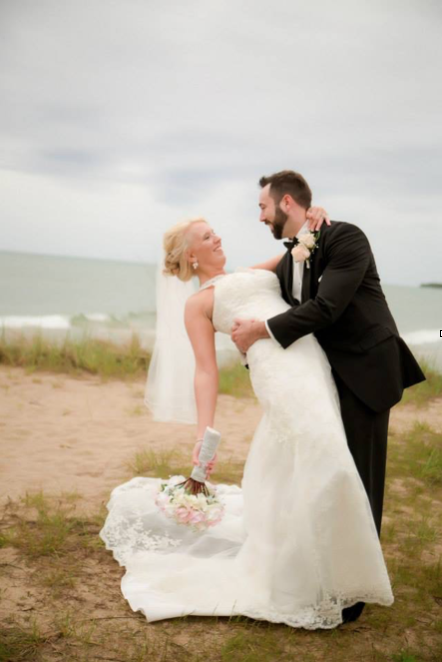So far this year I’ve gotten married, traveled on my first plane, bought a house, started a new job, adopted my second dog and applied to graduate school. Sounds amazing by most standards. A lot of people looked at me and wondered why I wasn’t happier.
• What is Bipolar disorder?
You see, with all the good that happened this year, there was a cloud I couldn’t shake — a struggle within me that was so profound and exhausting, eventually I couldn’t hide it anymore. My behavior took a drastic turn.
I spent most of my time on our couch, avoiding human contact as much as possible. I slept as often as I could, whenever I could. Even the most menial tasks took all my energy to complete. On top of it all, any small trigger sent me through the roof. My poor husband was the target of my rage almost 100 percent of the time. After hours or just minutes of blackout rage, I would then cry myself to sleep and wake up like nothing happened.
Then, after days or weeks of this behavior, I would suddenly get bursts of energy. I would clean the house or go shopping for things I didn’t need, but bought anyway. I couldn’t make decisions and my thoughts came a mile a minute. I had the biggest and best plans ever that needed to be done right then and there, but the next day all motivation would disappear and I was back on the couch. I was back in my regular routine.
It was after these “up” episodes my doctor finally suggested I may have bipolar disorder. My heart stopped. It wasn’t so much the diagnosis. As my sister says, “It’s just a label. It describes what you have but it doesn’t define you.” What stopped me in my tracks were the years of mood swings and erratic behavior that came flooding back from my memory.
Ever since I was a teenager people have called me, “hormonal,” “moody,” “b*tchy,” “Jackal and Hyde,” you name it. I’ve lost friends and I’ve screamed horrible things to my loved ones over things that I can’t even remember. Even with my husband, I’ve screamed at the top of my lungs over a misplaced fork only to beg him to spend time with me an hour later. People grew to think that was just who I was. People saw me as those adjectives because that’s how I’ve always acted.

What they didn’t understand was how much it broke my heart to hear those things. What they didn’t understand was how often I would regret the things I had said or done. But I didn’t know how to apologize for something I didn’t have any control over. I couldn’t describe what made me upset. I couldn’t describe what I was feeling. There were no words for what was going on inside me. How do you apologize for poor behavior when you don’t know the answer? How do you apologize for poor behavior when you feel like you don’t have any control over your body?
Bipolar II disorder. Some may be upset, some may be sad — and I was too, at first. But deep down, I was also relieved. I felt a weight lifted off my shoulders. All those years of unexplainable behavior made sense. All those moments lost to rage, depression and manic behavior were now explained. I was relieved.
I wish I could point my finger at the mistakes I’ve made in the past, at the hurtful things I’ve said or done, and say, “It was bipolar. It wasn’t my fault!” I wish I could take back the last four years of my relationship with my husband and show him there’s a different me underneath the symptoms of bipolar disorder.
I can’t change the past and in a way, that’s a good thing. I wouldn’t be as strong as I am today. I wouldn’t be with a man who truly loves me unconditionally. I wouldn’t be surrounded by family and friends who truly support my journey. Most importantly, I wouldn’t have learned how important it is to communicate about mental health.
If you’re struggling, please talk to someone. We are not our diagnosis. We are not mental cases. We are people.
